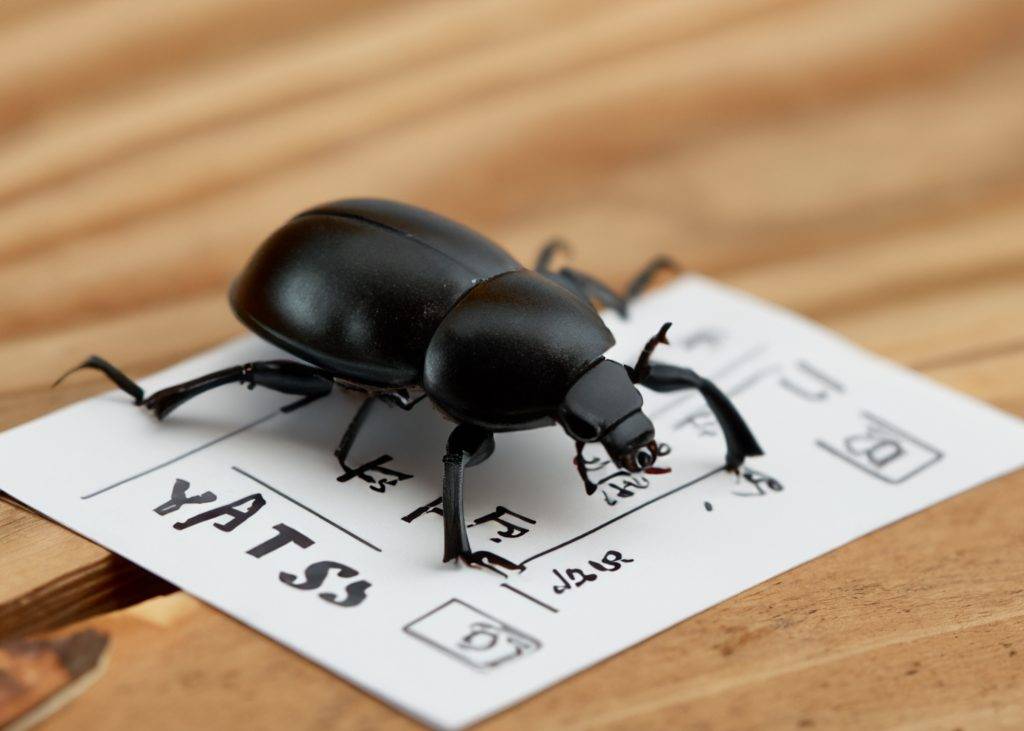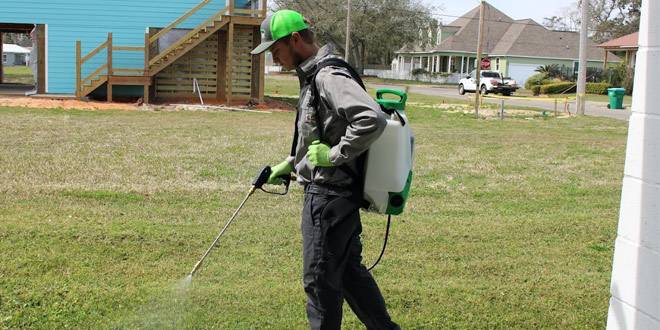Glossary of Terms
- Hibernation: A deep state of inactivity animals enter to conserve energy during cold seasons.
- Overwintering: Survival strategies bugs use during winter, like hiding or dormancy.
- Diapause: A pause in an insect’s development triggered by environmental factors like temperature.
- Cold-Blooded: Organisms like insects that depend on external temperatures to regulate their body heat.
- Nesting Sites: Places where pests find protection during harsh conditions.
- Integrated Pest Management (IPM): A sustainable approach to pest control focusing on prevention and long-term solutions.
Do Bugs Hibernate in Winter?
The short answer: not exactly! Bugs don’t hibernate in the traditional sense like bears or other mammals. Instead, they use a variety of survival strategies to endure freezing temperatures. Understanding these behaviors can help you identify pest risks in your home during winter months.
Insects That Overwinter Outdoors
Some bugs enter a state of dormancy called diapause, which halts their development until conditions improve. Examples include:
- Mosquitoes: Some species survive winter as larvae or eggs in frozen water.
- Beetles: Many species burrow underground or hide under leaf litter.
- Butterflies: Monarch butterflies migrate, but others like the Mourning Cloak hibernate in tree bark.
Insects That Stay Active Indoors
Other pests adapt by moving into your home. Once inside, they thrive in the warmth, creating a year-round nuisance:
- Cockroaches: Active in kitchens and bathrooms where they find food and water.
- Ants: Slow down but remain active if they find indoor food sources.
- Spiders: Spin webs in hidden corners, preying on other indoor insects.
Insects That Resurface in Spring
Certain bugs appear to “vanish” in winter but resurface as soon as temperatures rise. These include:
- Stink bugs, boxelder bugs, and ladybugs that hide in wall voids or attics.
- Termites, which continue working unnoticed in wood structures.
While outdoor pests may take a break, indoor ones don’t—making winter pest control essential. Learn more about how Paramount Pest Solutions addresses these issues with tailored services.

Common Winter Survival Strategies
To survive harsh winters, bugs have developed fascinating methods of adaptation. Here’s an overview:
- Diapause
Many insects slow their metabolism to conserve energy, pausing development until temperatures rise. This helps them survive in a dormant state. - Migration
Certain species, like monarch butterflies, avoid winter altogether by traveling to warmer regions. - Sheltering
Bugs often seek shelter in crevices, beneath leaf litter, or even inside your home. Cracks in walls, basements, and attics become ideal nesting sites. - Cluster Formation
Social insects like bees huddle together to generate warmth in their hives. Similarly, ladybugs form clusters in attics or sheds for warmth. - Relying on Eggs
Some species, like certain mosquitoes, lay eggs that survive through winter. The adults die, but their offspring emerge in spring.
Recognizing these survival behaviors helps you spot potential pest problems. Our customized service plans provide year-round pest prevention.
Winter Behavior of Popular Bugs
| Bug | Winter Strategy | Homeowner Impact |
| Mosquitoes | Lay dormant eggs in water | Eggs hatch when temperatures rise in spring |
| Ladybugs | Cluster in attics or walls | Large indoor swarms during warm spells |
| Cockroaches | Stay active indoors | Spread disease, contaminate food |
| Termites | Continue eating indoors | Structural damage to wooden elements |
| Stink Bugs | Hibernate in wall voids | Annoyance when emerging in spring |
Taking preventive measures now can keep these bugs at bay. Learn about effective pest-proofing through our professional services.
Fun Facts About Bugs in Winter
- Antarctica’s Only Insect: The tiny Antarctic midge, Belgica antarctica, survives sub-zero temperatures by freezing solid.
- Ladybugs’ Winter Retreats: They cluster in groups of hundreds, often finding warmth inside homes.
- Frost-Resistant Bugs: Some insects produce glycerol, a natural antifreeze, to prevent their bodies from freezing.
- Butterfly Travelers: Monarch butterflies travel up to 3,000 miles to escape cold weather.
- Cockroaches’ Resilience: Roaches can survive in temperatures as low as 32°F if they have access to food and moisture.
- Spiders Indoors: While many people notice spiders in winter, they’re often just relocating to warmer corners of your home.
These fascinating adaptations show just how resourceful pests can be, even in freezing weather.
Why Winter Pest Control is Essential
Many homeowners assume that pest problems diminish in winter, but this can lead to costly oversights. Winter pest control is crucial for several reasons:
- Prevention of Spring Infestations: Treating pests now ensures they don’t multiply when temperatures rise.
- Elimination of Overwintering Pests: Stop bugs like termites, cockroaches, and ants from causing year-round damage.
- Seal Entry Points: Professional inspections identify and close gaps before pests establish nesting sites.
- Long-Term Protection: Routine treatments maintain a pest-free environment, even when outdoor activity resumes.
Don’t wait until spring to address pest problems. Schedule a winter inspection through Paramount Pest Solutions’ contact page.

Why Choose Paramount Pest Solutions?
When it comes to winter pest control, Paramount Pest Solutions stands out. Here’s why:
- Local Expertise: With years of experience in Gulfport, Biloxi, and surrounding areas, we understand regional pest challenges.
- Eco-Friendly Methods: Our IPM approach minimizes chemical use while providing effective results.
- Year-Round Plans: Choose from a range of service plans to fit your needs and budget.
- Thorough Inspections: Our experts identify vulnerabilities that others might miss.
- Commitment to Quality: Superior customer service and lasting pest control solutions are our top priorities.
Let us help you protect your home from winter pests with tailored strategies and reliable results.
Safeguard Your Home from Winter Pests
Winter doesn’t mean a break from pest problems. Bugs may slow down or change their strategies, but they can still pose a threat to your home. With Paramount Pest Solutions, you can stay ahead of pest problems all year.
Visit our services page to learn more or contact us today to schedule your winter pest inspection.
